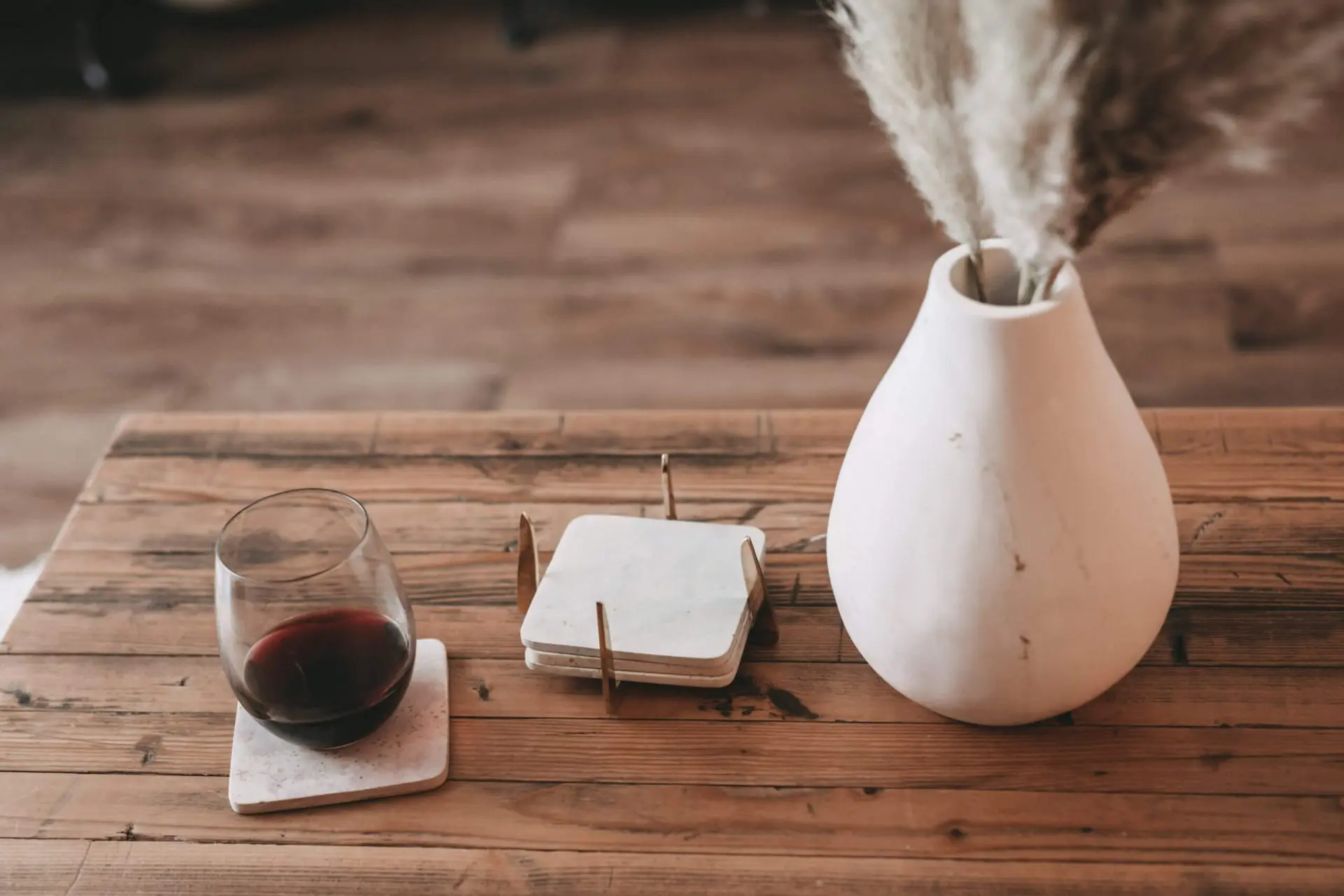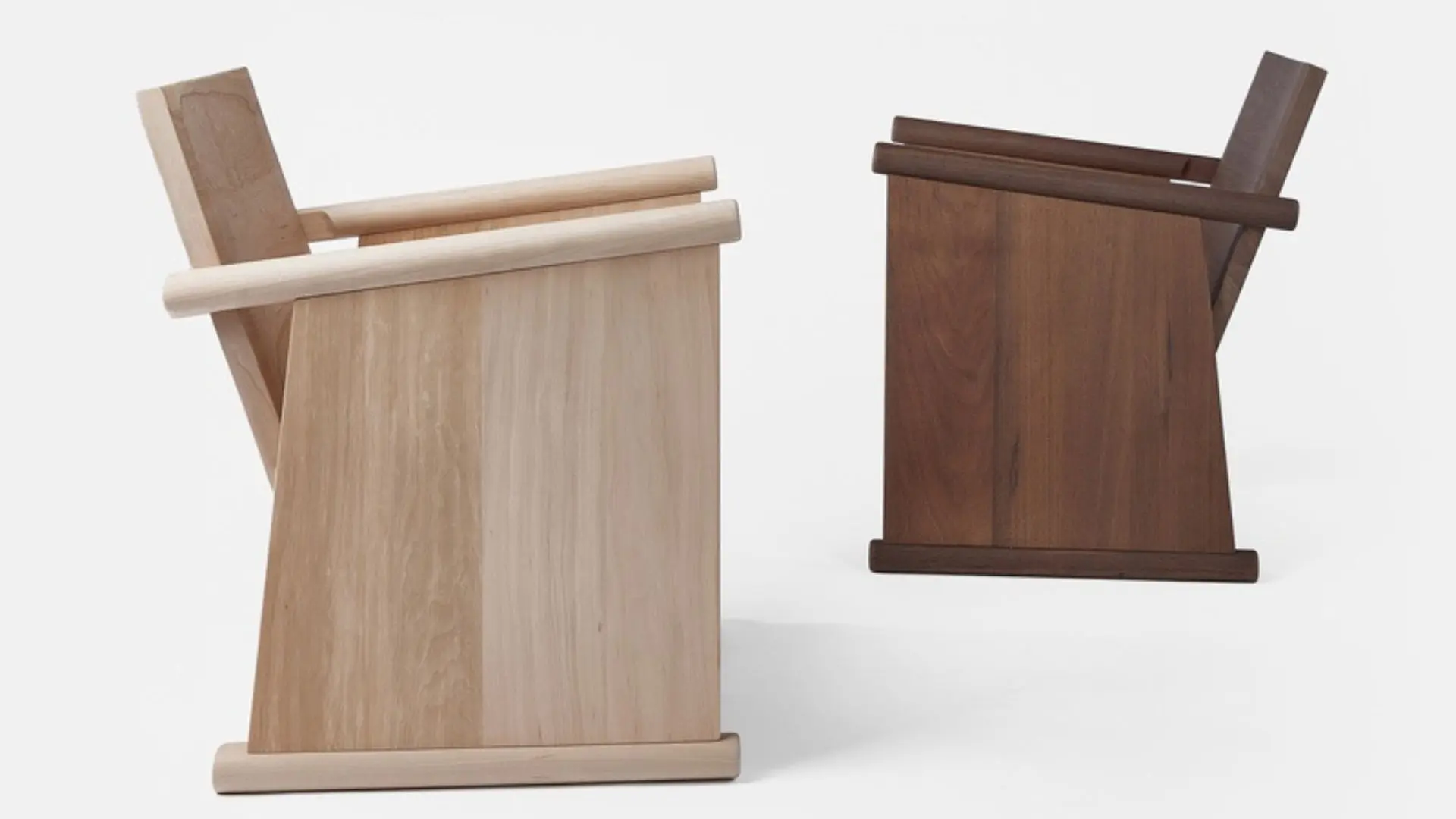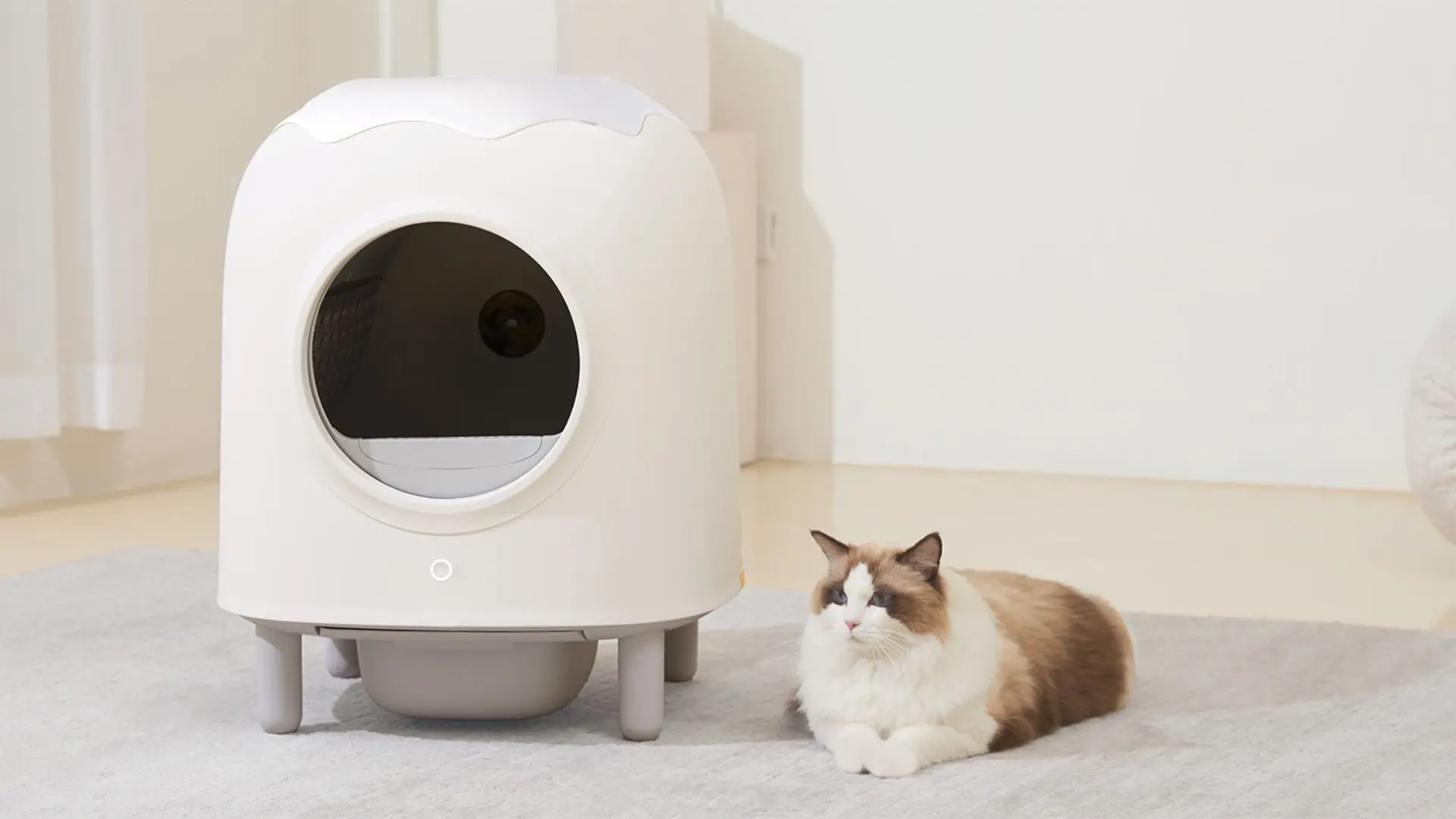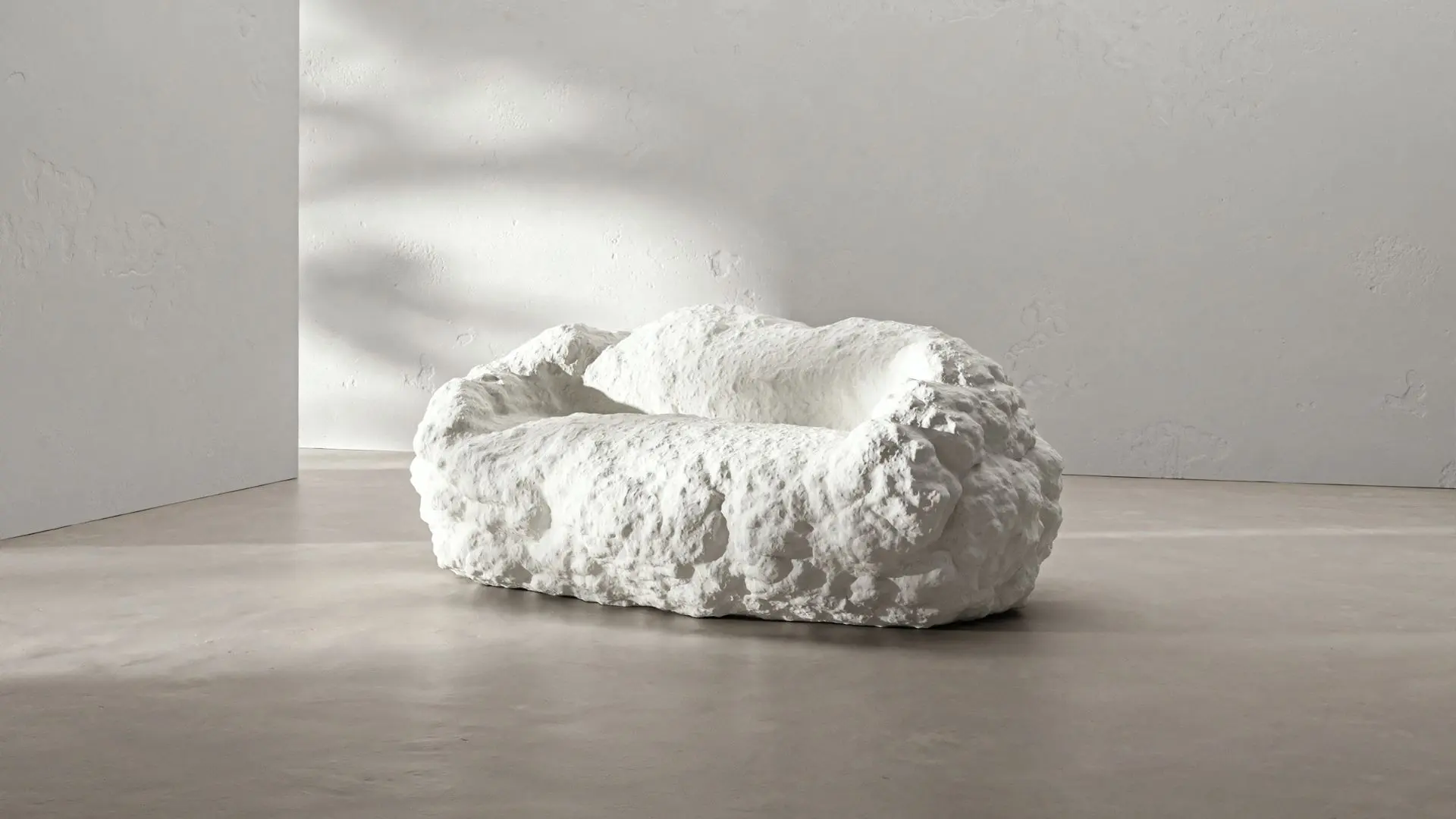Earth-friendly sourcing and fair labour practices lead to responsible shopping – Interview with Made Trade
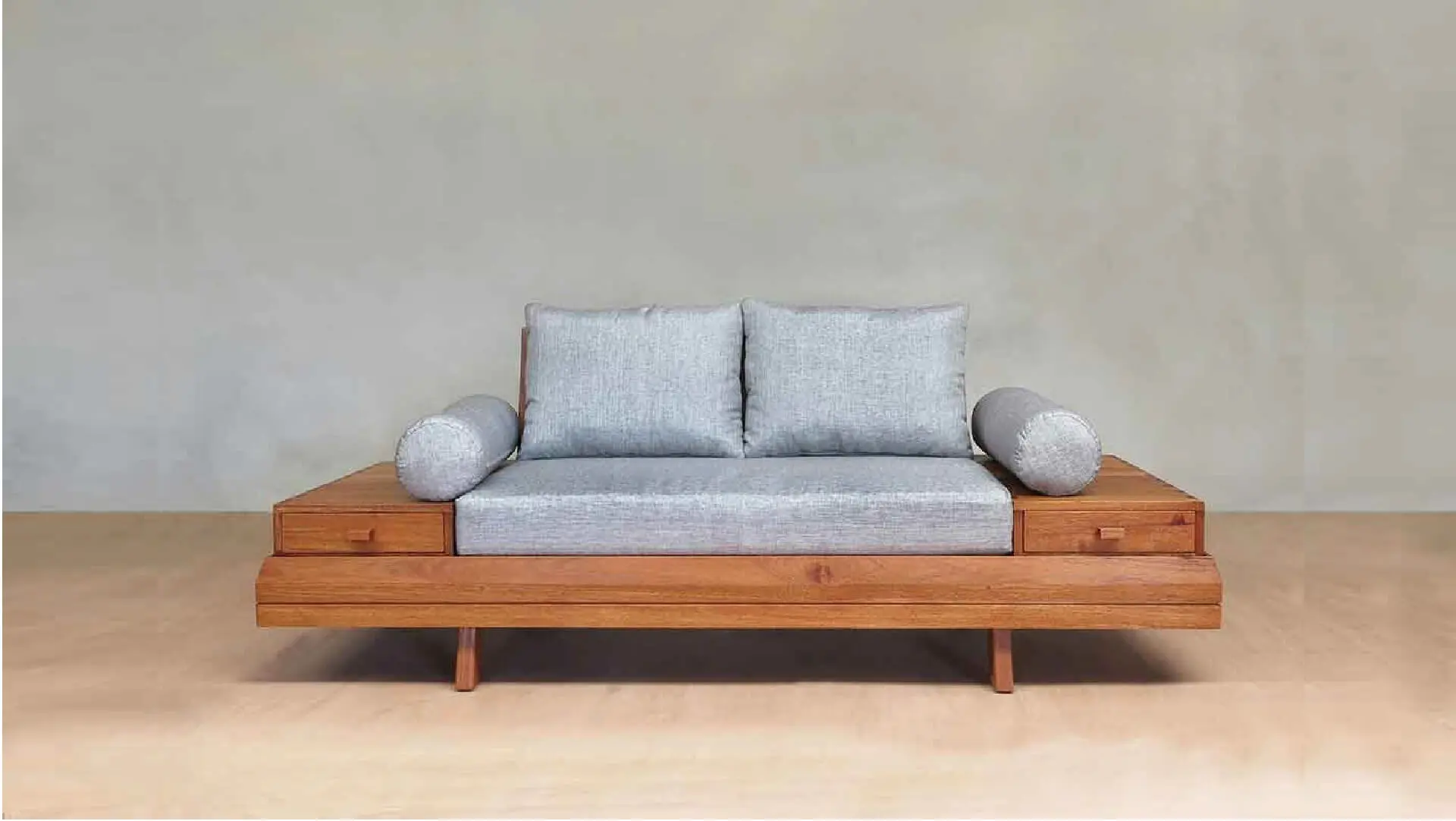
Made Trade is an online shop launched in the USA by Cayley Pater and Andy Ives to fulfil the need for beautiful, ethically-made and sustainably-sourced products for your home and wardrobe.
Based on remarkable core values such as Fair Trade, Heritage, Made in USA and Sustainable, Made Trade is a woman-owned, family-run company making the shopping of ethically made and exceptionally designed goods incredibly simple. In fact, on Made Trade you can easily shop in a responsible way, knowing every product promotes the health of our planet.
Founded in 2018 by Cayley Pater and Andy Ives, it collaborates with hundreds of brands, small businesses, independent makers, and artisans sharing the aim of establishing higher ethical standards in the market. Taking on “Transparency above everything” as a guideline, Made Trade ensures the consumer an accurate hand-selection of sustainable products.
For the Sustainable Furniture Week, DesignWanted had the opportunity to know more about Made Trade’s journey, sustainable attitude, consumers and next steps, through an interview with Cayley Pater.
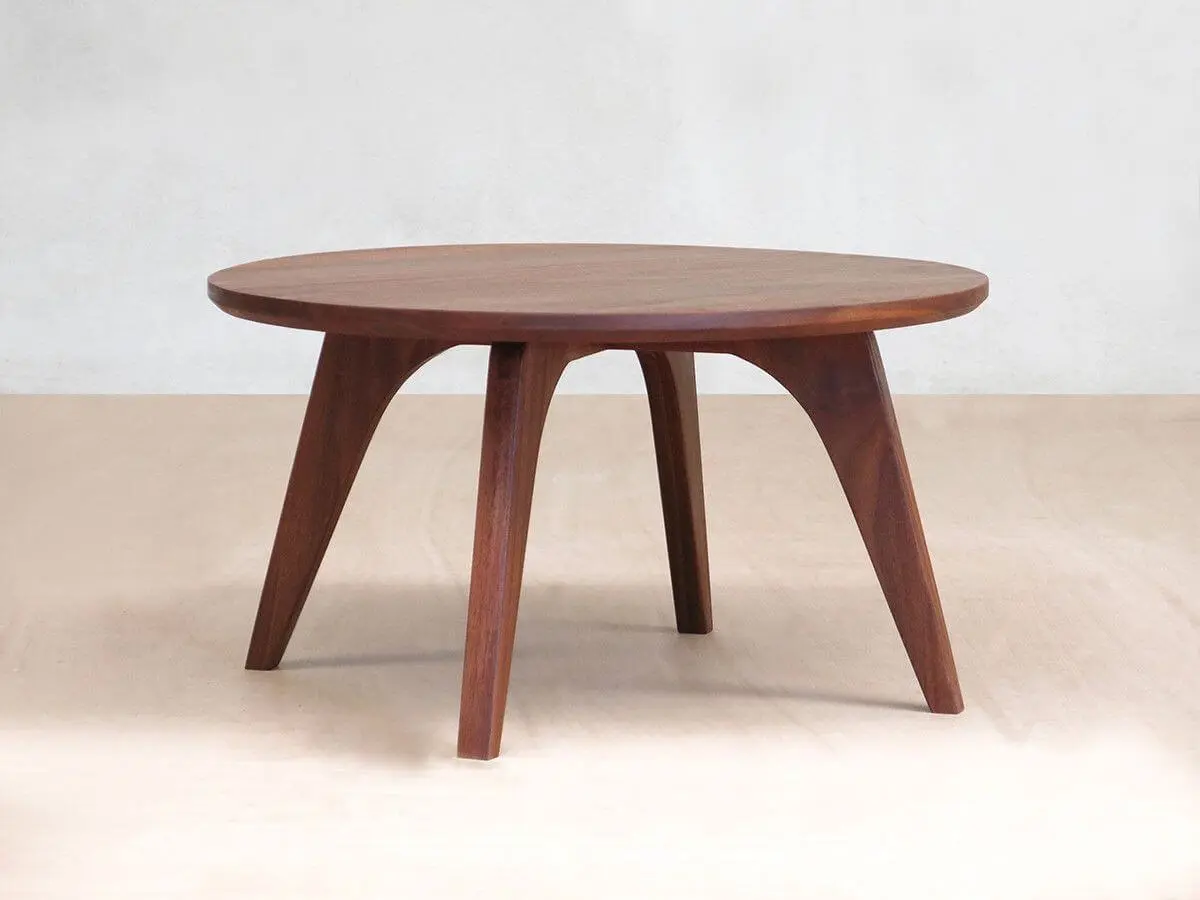
Who is Cayley Pater? How did the journey for Made Trade begin?
Cayley Pater: “I’m originally from Chapel Hill, North Carolina and I moved to Portland, OR with my partner, Andy Ives in 2016. At the time, I was working for a small non-profit, building and managing two fair trade brands, Darzah and Zeki Learning, both of which we carry on Made Trade.
Over the course of the years running these small brands in the US market, from creating the online stores to working pop-ups across the country, I kept meeting amazing entrepreneurs who were also committed to ethical and sustainable sourcing in their product lines.
From small-batch makers to people working directly with artisan cooperatives supporting traditional craft traditions, the number of new, conscious brands coming on the market was (and still is!) so inspiring. At the same time, I couldn’t find a kind of “one-stop-shop” destination that curated the best of these products in one place.
Selfishly, I wanted this store to exist so that I could shop there, but I also noticed that so many of these small, ethical brands often didn’t have the marketing budgets to reach a large number of conscious consumers looking for transparency, quality and beautiful design. And that’s when the idea for Made Trade was born.
My partner, Andy, and I actually met in Fair Trade Club years ago when we were in college at UNC-Chapel Hill. We both have always shared a desire to make a positive change in the world through our work. Andy’s background is in advertising and digital production, so he knows what it takes to build a strong online brand.
With my background in international development, market research and running two small fair trade product lines, we knew we could bring our skill sets together to create this online destination I had envisioned.”
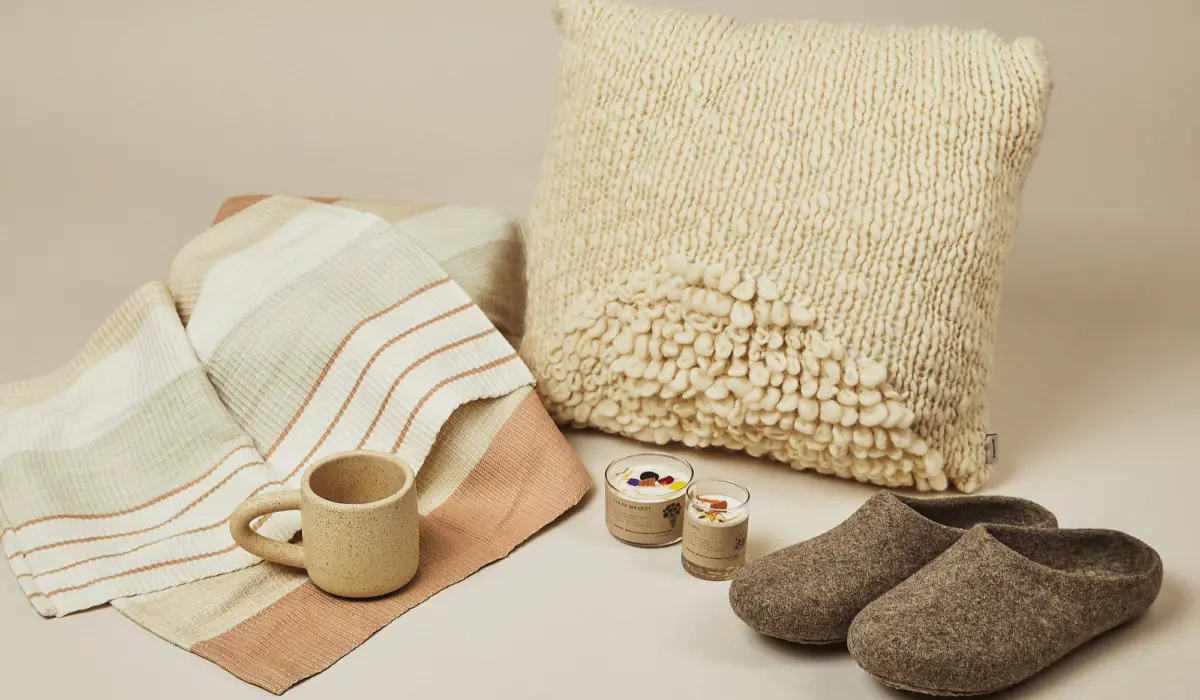
Why Made Trade? How do you interpret “sustainablity” and how do you pursue it?
Cayley Pater: “Once I discovered the power of using business as a force for good, it completely changed how I saw the world on a very fundamental level. It’s one of those mindset shifts that have a ripple effect on everything in your life when you realize that when you purchase something, you are truly voting with your dollar.
Whether it’s organic farming, getting plastics out of our oceans, or supporting a handmade tradition that dates back centuries, the products we buy have a direct impact on people and the planet, and I think that’s something most Americans have to learn, simply because the standard is to not know.
Sustainability means a lot of different things to different people. At Made Trade, we believe sustainability is either responsible harvesting of raw materials as locally as possible or recycling/upcycling existing materials into something new.
This is the baseline definition that we use when we vet our partners, and we look at each brand individually, simply because the context of sourcing sustainably in rural Rwanda looks very different from sourcing materials in New York City.
The availability of materials varies greatly and should be localized for so many reasons, especially when rural artisan communities are being employed and resources can be extremely limited.
That’s something I learned when working with refugee artisans in the West Bank, where finding even organic cotton fabric from local suppliers simply wasn’t possible, whereas, in the U.S. there really isn’t an excuse to source synthetic fabrics made from virgin plastics when you have so many earth-friendly alternatives readily available.”
Interested in sustainable design brands? Check out Changing the perception of good design with Mater
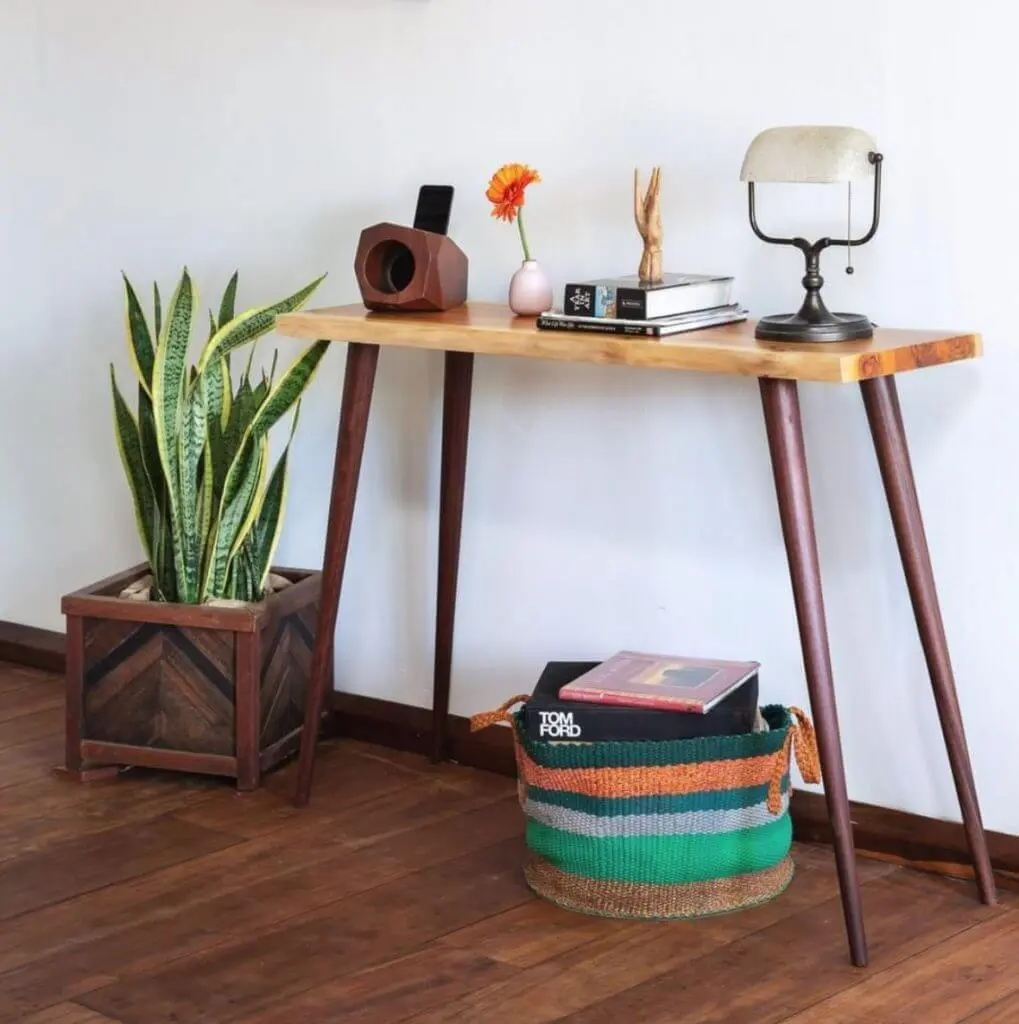
Made Trade provides responsible shopping for consumers, in your opinion, how are manufacturers and consumers differently responsible when it comes to sustainable consumption?
Cayley Pater: “There’s such an important conversation that happens when consumers start to understand the work and resources that go into making sustainable products that benefit both people and the environment.
So many industries have purposely made it difficult to know where a product comes from and how it was made, which in turn leaves all of us in the dark and as a result, we stop asking questions. By putting transparency at the forefront of marketing a product, consumers naturally start asking more questions about other products in their lives.
I think the most critical piece of the movement towards making sustainable design mainstream is that consumers have to understand the power that they have to ask for transparency, as well as the importance of buying from businesses committed to earth-friendly sourcing and fair labour practices so that those companies can continue to grow and compete with larger companies who don’t.
On Made Trade, we center everything on transparency so people can know where materials come from, the techniques that are used, as well as the people behind each product we carry.
Our goal is to make it easy for people to confidently shop with transparency, knowing that their purchase is supporting the values they align with, whether they are vegan or are looking to support heritage art forms.
Sustainability and ethical labour practices are at the core of our vetting process for every brand we partner with, but beyond that, we also strive to provide the full backstory behind each product so that people know why and how that product makes a positive impact.”
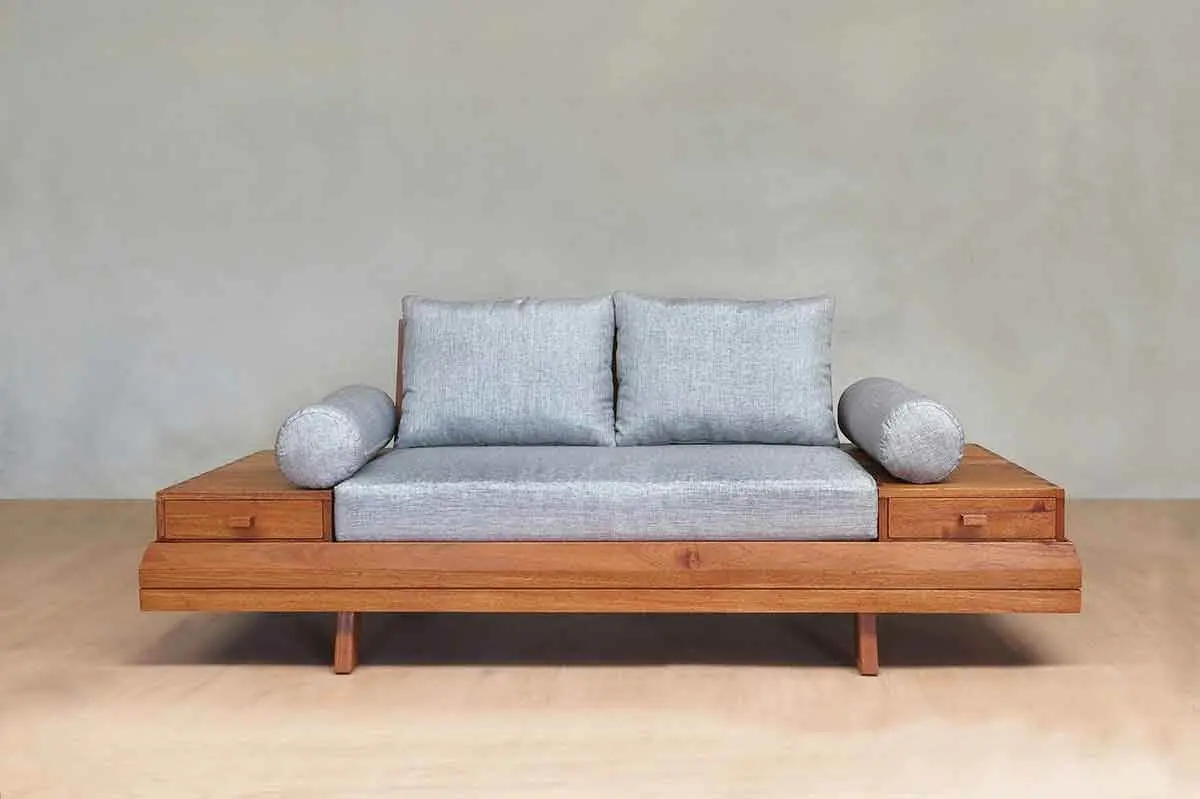
What changes in consumers’ behaviour have you observed concerning the purchase of sustainable goods?
Cayley Pater: “I definitely think consumers are becoming more discerning and are asking more questions about where products come from, which is amazing. There are inherent challenges in effectively educating people who visit our online store, simply because most people’s attention spans are pretty limited when it comes to online shopping.
Our team is constantly working to strike a balance of making the core details about a product readily available, while also keeping the product details concise and to-the-point so that people don’t gloss over the most important information.
That’s one reason we started Made Trade Magazine, so that we can dive into the more nuanced topics behind the products we carry, like how to pick the best sustainable bedding for you, based on your sleep preferences.”
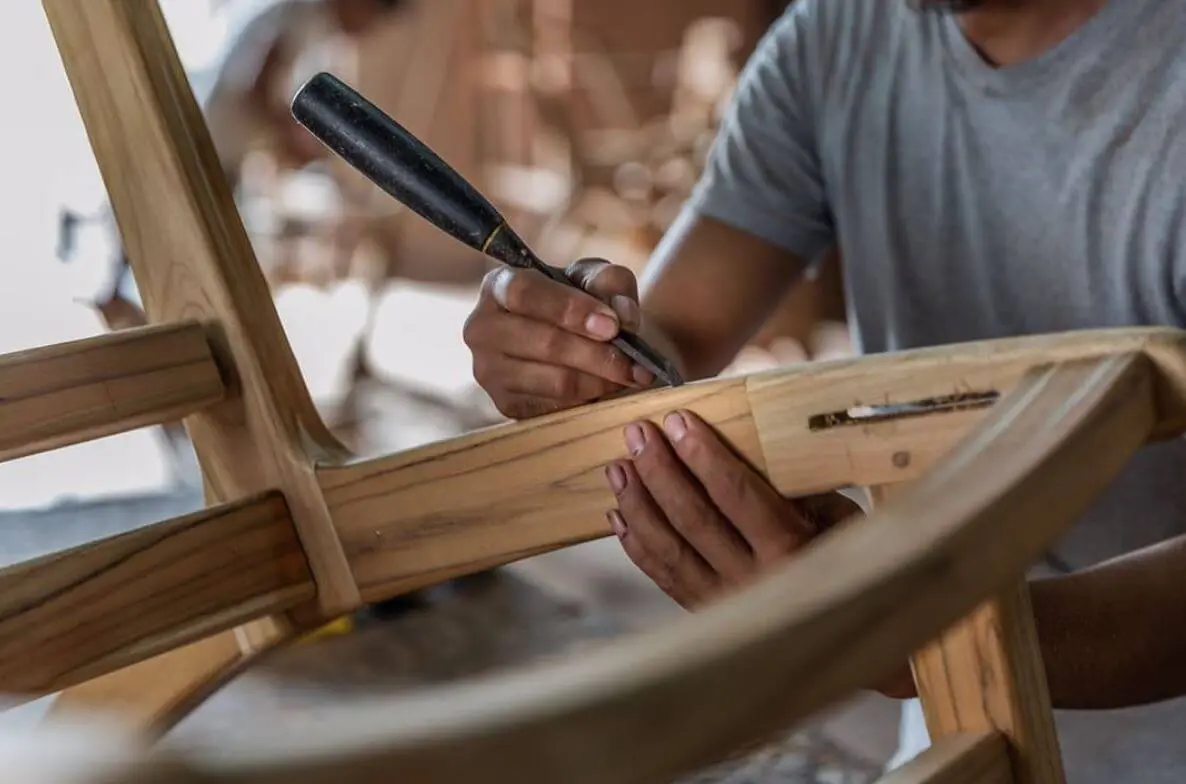
To what extent are consumers concerned with purchasing sustainable furniture & homeware compared to other goods such as clothing & accessories?
Cayley Pater: “We see that there’s a big demand for all of these categories on Made Trade, simply because conscious consumers who prioritize shopping with transparency want to have the opportunity to bring all of these types of products into both their wardrobes and their homes.
The hard part is actually figuring out how to keep our curation robust while also limited so that it’s easy for people to find exactly what they’re looking for without an overwhelming number of options.”
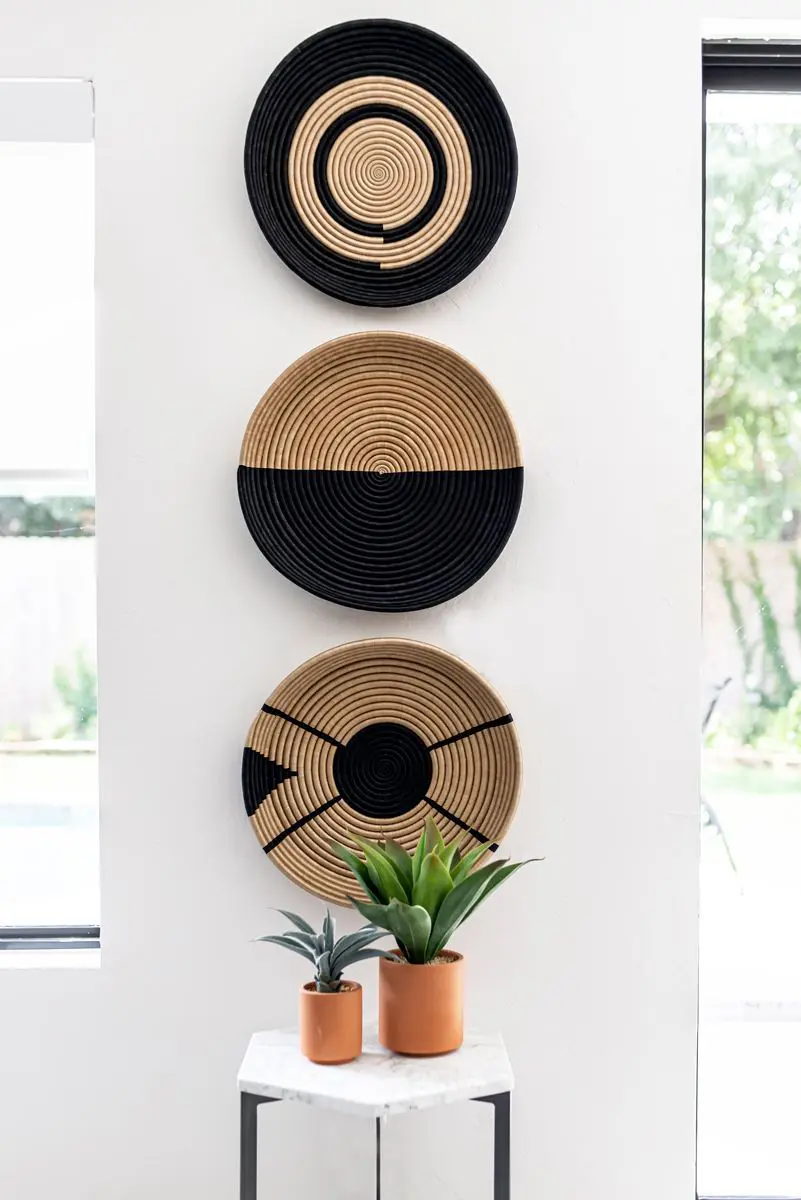
Made Trade partners with hundreds of brands, small businesses, independent makers, and artisans to bring you carefully curated sustainably made and ethically sourced products. Do you think the establishment of the sustainable furniture industry is properly supported by institutions?
Cayley Pater: “Furniture is by far one of the most challenging categories for our team to curate. As I mentioned earlier, while there are a growing number of ethical brands in the US, the vast majority of brands across the board do not center transparency in their messaging.
In our experience, often times when you ask a sales rep about the materials used in their products or where and how their furniture is made, they don’t have the answers.
For us, it’s paramount that we can get detailed information about how materials are sourced and that the company is committed to paying living wages throughout their supply chain. We do see that the US market is changing quickly and more and more options for sustainable furniture are coming available, but it’s still pretty difficult as a whole.
I am excited and encouraged to see all the innovative sustainable materials being developed across so many categories, like mushroom and apple leather, as well as a growing hemp textile market. I think the future is bright as long as consumers keep the pressure on and continue to show their demand for earth-friendly materials.”
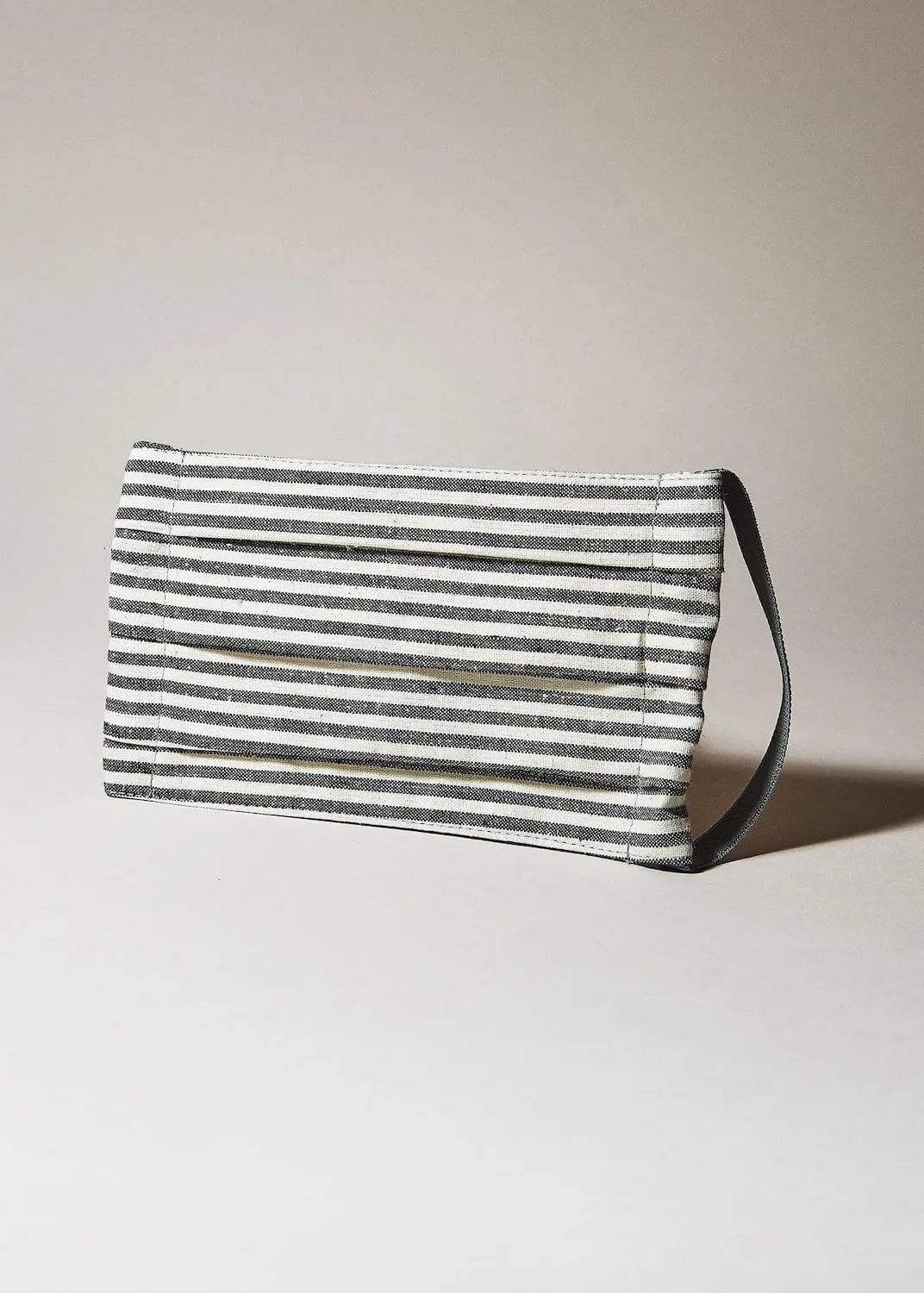
What is next from Made Trade?
Cayley Pater: “We just celebrated our two year anniversary since we launched to the public in October 2018. As a small, family-run company, our intent is to continue to grow while also making sure our business is healthy and thriving along the way.
We want to be around for a really long time, so it’s important that we mindfully grow both our team and our curation of products to ensure we’re staying true to our core mission and values.
Made Trade’s success directly impacts hundreds of small brands that we partner with, and keeping our offering robust while still concise and consistent is so incredibly important so that customers know what they’re going to find when they come to Made Trade: the most exceptionally designed, ethically made goods on the market.”
Looking for furniture brands with strong sustainable values? See Linking UN’s Sustainable Development Goals to furniture design – Klaus Jorlet of We Do Wood
